service dog letter from doctor template pdf
A service dog letter from a doctor is a vital document confirming an individual’s need for a service dog due to a disability, ensuring legal protections and access rights;
Overview of Service Dog Letters
A service dog letter from a doctor is a formal document that confirms an individual’s medical need for a service dog. It is issued by a licensed healthcare professional after a comprehensive evaluation of the patient’s condition. This letter outlines the patient’s disability, explains how a service dog will assist, and ensures legal protections under laws like the ADA. It is essential for securing rights in housing, employment, and public access. The letter must be tailored to the individual’s specific needs and is often required for legal verification.
Importance of a Doctor’s Letter for Service Dogs
A doctor’s letter for a service dog is crucial as it provides legal validation of an individual’s need for a service animal. This document ensures compliance with laws like the ADA, granting access to public spaces, housing, and employment without discrimination. It also serves as proof of a legitimate medical necessity, protecting the rights of both the individual and their service dog. A well-drafted letter strengthens the case for accommodation and avoids potential disputes. It is a cornerstone of securing the benefits and protections afforded to service dog users.
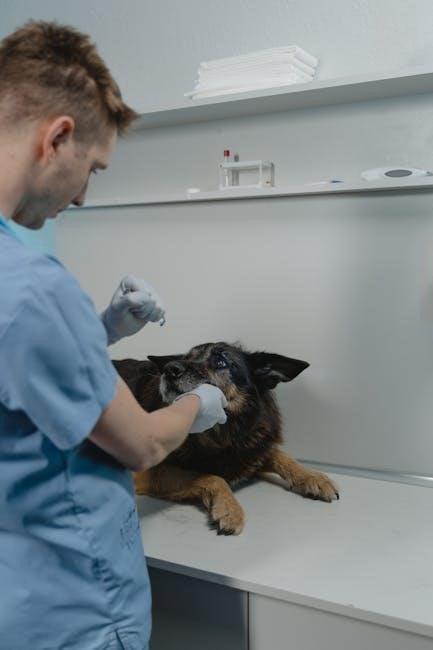
What is a Service Dog Letter from a Doctor?
A service dog letter from a doctor is a formal document written by a licensed medical professional, confirming a patient’s need for a service dog due to a disability.
Definition and Purpose
A service dog letter from a doctor is a formal document written by a licensed medical professional, confirming a patient’s medical need for a service dog. It solidifies the patient’s requirement for a service animal, ensuring legal protections under laws like the ADA. The letter details the patient’s specific condition, how the service dog assists, and includes medical justification. Its purpose is to provide official verification, enabling individuals with disabilities to access rights such as housing, employment, and public access with their service dog.
Key Differences from Emotional Support Animal Letters
A service dog letter differs from an emotional support animal (ESA) letter in purpose and legal recognition. Service dog letters are issued by licensed medical professionals, confirming a patient’s need for a dog trained to perform specific tasks due to a disability. ESA letters, typically written by therapists, recommend animals for emotional support under the Fair Housing Act. Service dog letters are legally recognized under the ADA, granting public access rights, while ESA letters focus on housing accommodations without the same public access protections.

Legal Framework and Requirements
The legal framework for service dog letters is primarily governed by the ADA and FHA, requiring a licensed doctor’s evaluation and detailed justification for the service dog’s necessity.
ADA Guidelines for Service Dogs
The Americans with Disabilities Act (ADA) outlines specific guidelines for service dogs, emphasizing that they must be trained to perform tasks for individuals with disabilities. The ADA does not require service dogs to be certified or registered, but it does mandate that they are under the handler’s control in public spaces. Businesses and public entities cannot demand proof of certification but may inquire about the dog’s training and purpose. Compliance with these guidelines ensures equal access for service dog users;
A service dog letter must include the patient’s medical condition, the physician’s professional opinion, and the justification for needing a service dog. It should detail how the dog assists with specific tasks related to the disability. The letter must be signed by a licensed healthcare professional and include their contact information. While not required by the ADA, having a detailed letter ensures compliance with housing, employment, and public access laws, providing legal validation for service dog accommodations. A service dog letter must include patient information, medical condition details, physician’s information, and equipment needs to validate the necessity of a service dog. A service dog letter must include the patient’s name, age, and gender, along with details about their medical condition. This section outlines the patient’s disability, such as mobility issues, visual impairment, or mental health challenges, and explains how a service dog will assist. It also lists any medications or equipment currently in use, ensuring the letter provides a comprehensive understanding of the patient’s needs. This information is crucial for validating the necessity of a service dog and ensuring legal compliance. The letter includes a detailed medical evaluation of the patient’s condition, explaining how a service dog will alleviate specific challenges. It outlines the disability’s impact on daily life and how the dog’s tasks address these limitations. The doctor must justify the medical necessity of the service dog, ensuring the letter aligns with legal standards. This section provides a clear, evidence-based rationale for the patient’s need, strengthening the legitimacy of the request and ensuring compliance with legal requirements for service animals. The letter must include the physician’s full name, professional title, and contact information to verify their credentials. A valid medical license number is often required to ensure authenticity. The physician’s signature is a critical element, as it legally validates the document. This section ensures the letter is officially endorsed by a licensed healthcare provider, adding credibility and meeting legal standards for service dog documentation. The physician’s details confirm their authority to recommend a service dog for the patient’s specific needs. This section details any medical equipment the patient uses, such as wheelchairs or canes, and specifies the type of service dog recommended. It outlines the dog’s trained tasks and how it will assist the patient. The physician may also suggest particular breeds or sizes suitable for the patient’s condition. This part ensures the service dog is tailored to the individual’s specific needs, enhancing their independence and quality of life. The recommendations are based on the patient’s medical evaluation and daily challenges. To obtain a service dog letter, consult a licensed medical professional, such as a PCP or therapist, who will evaluate your condition and needs. To request a service dog letter, schedule an appointment with your doctor. Clearly explain your medical condition and how a service dog would assist you. Be prepared to discuss specific tasks the dog will perform. Your doctor will evaluate your situation and may request additional documentation. If approved, the letter will be drafted, detailing your condition, the dog’s role, and the physician’s recommendation. Ensure the letter is signed and includes the doctor’s credentials for authenticity. During the evaluation for a service dog letter, your doctor will assess your medical condition and its severity. They may review your medical history, current treatments, and lifestyle. Be prepared to discuss how a service dog would specifically assist you, such as with mobility, sensory tasks, or mental health support. The doctor may also ask about your ability to care for the dog. The evaluation ensures the recommendation is tailored to your needs, providing a clear justification for the service dog. This process is crucial for the letter’s legitimacy and effectiveness. Service dogs assist individuals with various disabilities, including visual, auditory, and mental health challenges. They are trained to perform specific tasks tailored to the individual’s needs. Guide dogs are specifically trained to assist individuals with visual impairments, helping them navigate safely and independently. These dogs are taught to avoid obstacles, stop at curbs, and guide their handlers around challenges. They play a crucial role in enhancing mobility and confidence for those with limited or no vision. A doctor’s letter may be required to legally recognize the need for such a service dog, ensuring access to public spaces and accommodations under disability laws. Hearing dogs are trained to assist individuals who are deaf or hard of hearing by alerting them to important sounds. These dogs are taught to recognize and respond to specific noises, such as doorbells, alarms, or voices. They provide essential support, enhancing independence and safety. A doctor’s letter may be necessary to validate the need for a hearing dog, ensuring legal protections and access under disability rights laws. Autism service dogs are specifically trained to support individuals with autism spectrum disorder. These dogs provide emotional support, reduce sensory overload, and assist with daily tasks. They often help with social interactions and can be trained to prevent wandering behaviors. A doctor’s letter is essential to confirm the need for an autism service dog, ensuring legal protections under disability laws and facilitating access to public spaces, housing, and employment opportunities. PTSD service dogs are trained to assist individuals with post-traumatic stress disorder, providing emotional support and performing specific tasks. These tasks may include interrupting nightmares, providing physical comfort during anxiety attacks, and helping individuals navigate public spaces safely. A doctor’s letter is required to validate the need for a PTSD service dog, ensuring compliance with legal standards and granting access to public accommodations, housing, and employment opportunities under disability laws. Service dog laws provide legal protections under the ADA and FHA, ensuring rights in housing, employment, and public access for individuals with disabilities. The Fair Housing Act (FHA) ensures individuals with disabilities have equal housing opportunities, including the right to keep service dogs. Landlords must make reasonable accommodations, allowing service animals without additional fees or deposits. This protection extends to all types of housing, including apartments, condos, and single-family homes. A service dog letter from a doctor can verify the need for such an accommodation, helping to prevent discrimination. This legal safeguard ensures individuals with disabilities can live independently with their service animals, free from unfair housing practices. The Americans with Disabilities Act (ADA) protects individuals with disabilities, ensuring equal employment opportunities. Employers are required to make reasonable accommodations, which may include allowing service dogs in the workplace. A service dog letter from a doctor can verify the necessity of the animal, supporting the employee’s request. This ensures individuals with disabilities can work effectively without discrimination. The ADA safeguards against unfair treatment, promoting inclusivity and accessibility in the workplace for those relying on service animals. Under the ADA, individuals with service dogs are granted public access rights in all public spaces, including restaurants, hotels, public transportation, and retail stores. Service dogs are legally permitted to accompany their owners without restrictions or additional charges. A service dog letter from a doctor can help verify the legitimacy of the service dog, ensuring seamless access to public areas. This protection extends to all trained service animals, providing individuals with disabilities equal access to community resources and opportunities. Templates for service dog letters from doctors provide a professional format, customizable to specific needs, ensuring clarity and legal compliance. Available in PDF, Word, and Google Docs. Using a service dog letter template involves downloading the document in a preferred format, such as PDF, Word, or Google Docs. Next, fill in the required sections, including patient and physician information, medical details, and the justification for the service dog. Ensure all fields are accurately completed and tailored to the individual’s specific needs. Finally, have the document reviewed and signed by a licensed healthcare professional to validate the request. This ensures the letter is both professional and legally binding. Customizing a service dog letter template involves tailoring the document to address the unique requirements of the individual and their condition. This includes specifying the type of service dog needed, detailing the tasks it will perform, and outlining any additional equipment or accommodations required. The template should be adapted to reflect the patient’s medical history and the physician’s professional assessment. Ensuring the letter is personalized enhances its effectiveness in validating the need for a service dog and securing legal protections under relevant laws. Many wonder if a doctor’s letter is always required for service dogs, while others question the legitimacy of online templates. Both topics spark frequent debate. While a doctor’s letter is not universally mandatory, it provides legal validation and protection under laws like the ADA. It’s often required for housing, employment, and public access. Without it, proving a service dog’s legitimacy can be challenging; However, some handlers believe that strong verbal communication about their needs may suffice in certain situations. Ultimately, a doctor’s letter offers a formal, authoritative endorsement, which can prevent disputes and ensure compliance with legal standards. It’s a critical document for securing rights. Yes, a licensed therapist can write a service dog letter, especially for mental health conditions like PTSD or anxiety. Their professional evaluation and recommendation carry legal weight, similar to a doctor’s letter. However, it’s essential to ensure the therapist is licensed and practices within their scope. The letter should detail the patient’s condition, how the service dog assists, and the therapist’s qualifications. This formal endorsement helps secure legal protections and accommodations under laws such as the ADA. It’s a valuable option for those seeking support. A service dog letter from a doctor is a crucial document that validates an individual’s need for assistance, offering legal protections and ensuring access to essential accommodations. A service dog letter from a doctor is a critical document that ensures individuals with disabilities receive the support they need. It provides legal protections, outlines the patient’s condition, and details how a service dog assists. By including patient information, medical evaluations, and physician signatures, the letter validates the necessity of a service dog. Templates offer a structured format, making it easier to customize the letter to specific needs. This document is essential for securing rights in housing, employment, and public spaces, ensuring independence and equality for individuals with disabilities.What the Law Requires in a Service Dog Letter
Components of a Service Dog Letter
Patient Information and Medical Details
Medical Evaluation and Justification
Physician’s Information and Signature
Equipment Needs and Recommendations

How to Obtain a Service Dog Letter
Steps to Request a Letter from Your Doctor
What to Expect During the Evaluation Process
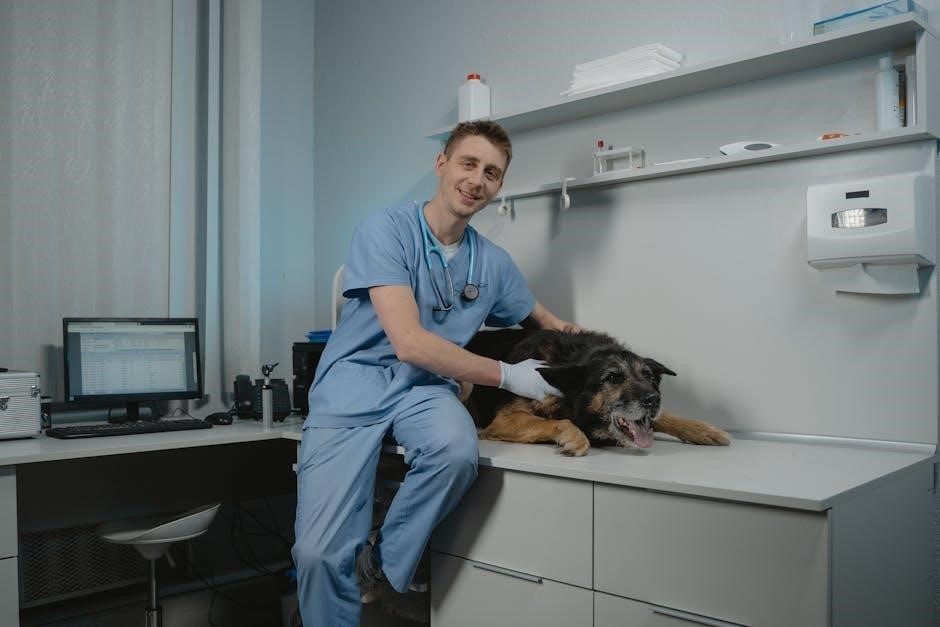
Types of Service Dogs and Their Roles
Guide Dogs for the Visually Impaired
Hearing Dogs for the Deaf or Hard of Hearing
Autism Service Dogs
Post-Traumatic Stress Disorder (PTSD) Service Dogs
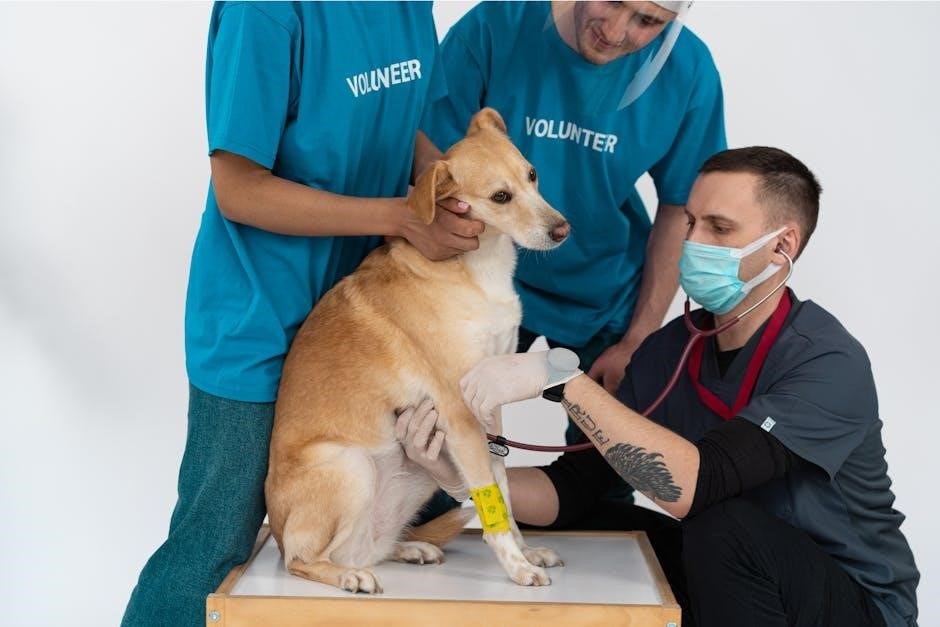
Service Dog Laws and Protections
Housing Rights Under the Fair Housing Act
Employment Rights Under the ADA
Public Access Rights
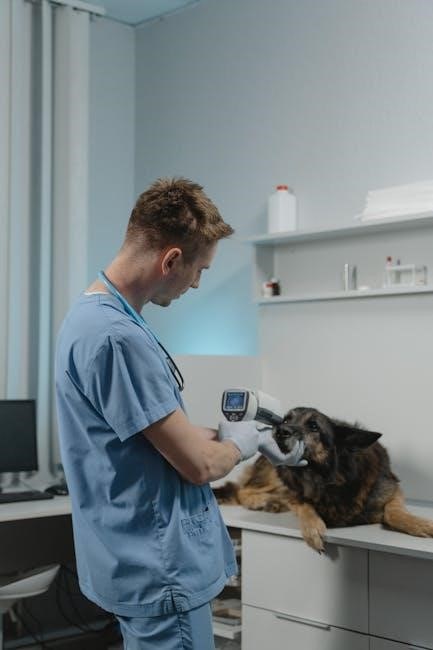
Service Dog Letter Templates
How to Use a Service Dog Letter Template
Customizing the Template for Specific Needs
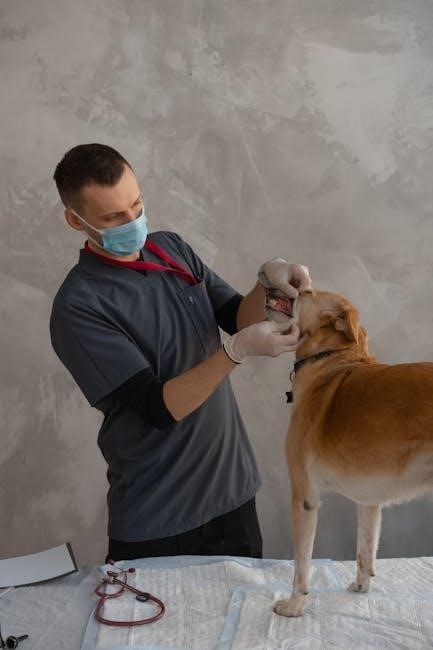
Common Questions and Misconceptions
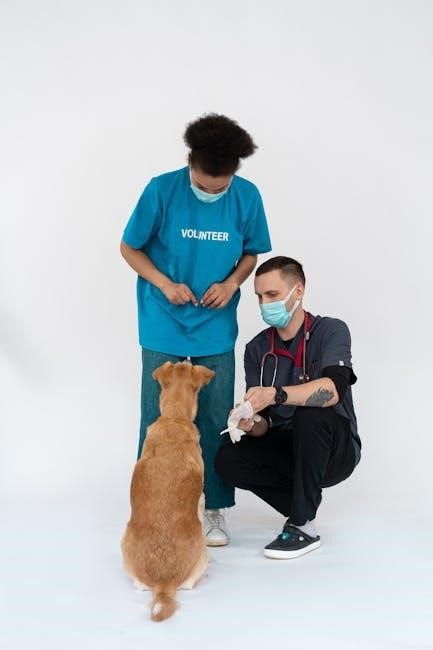
Do I Always Need a Letter from My Doctor?
Can a Therapist Write a Service Dog Letter?
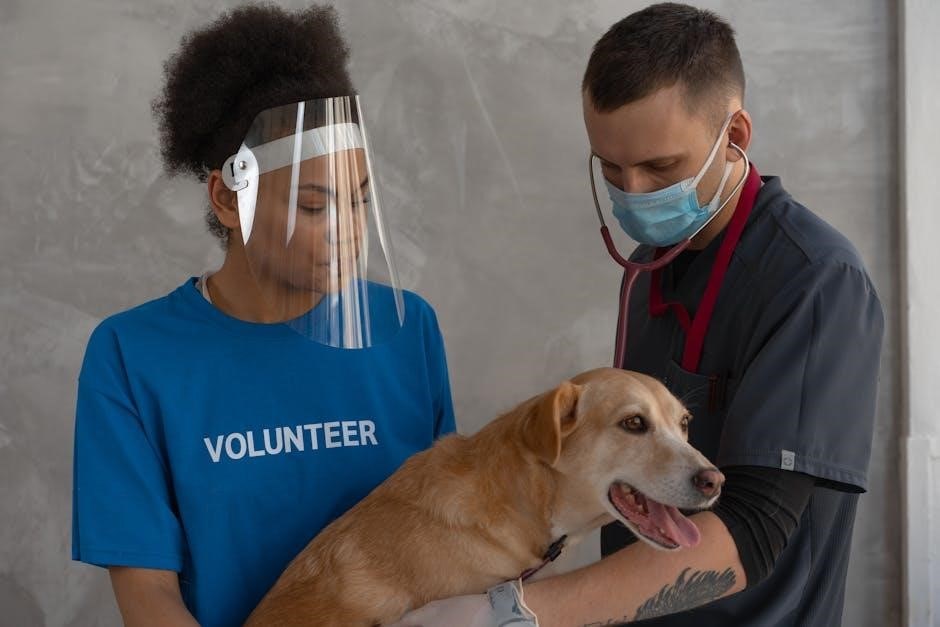
Final Thoughts on Service Dog Letters


